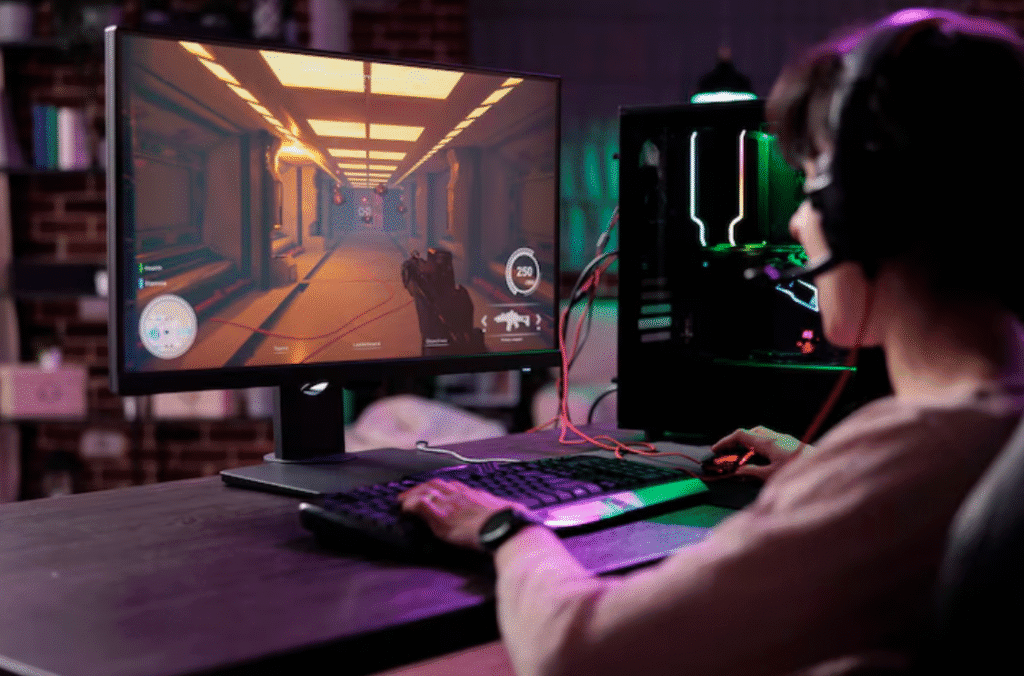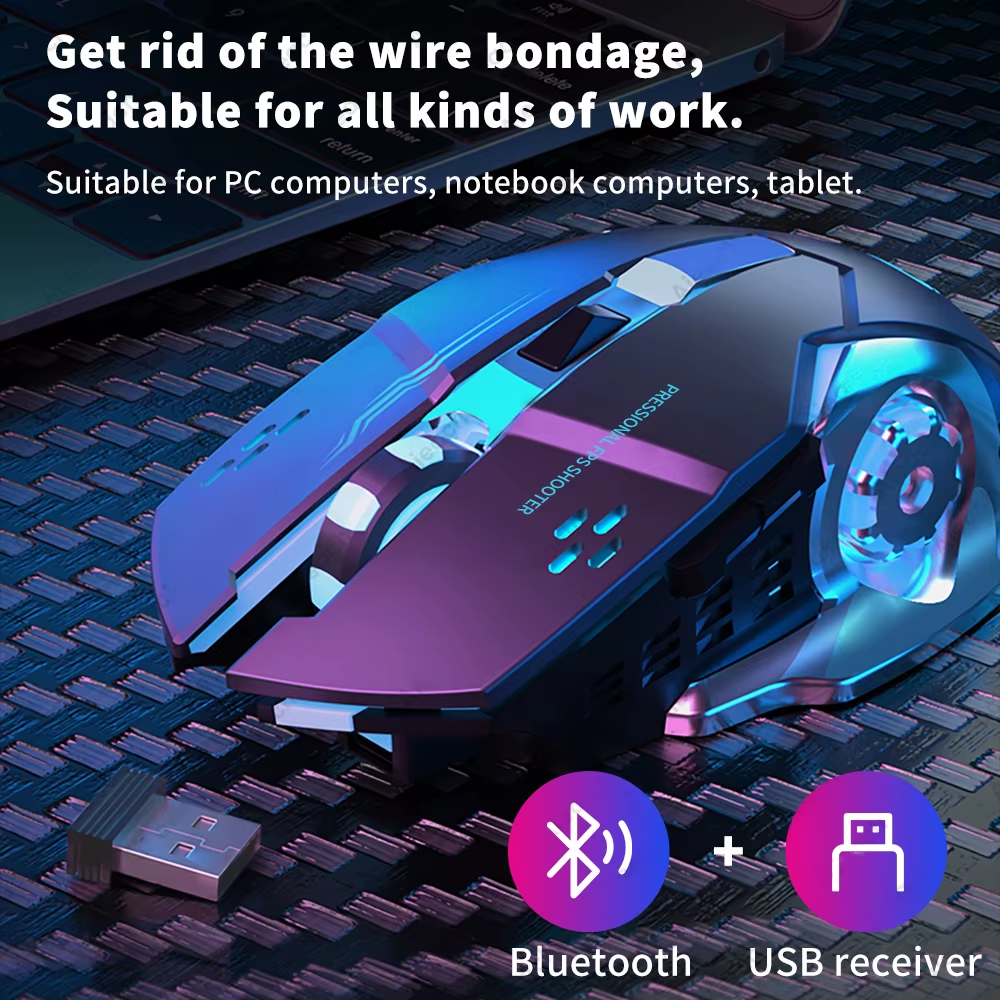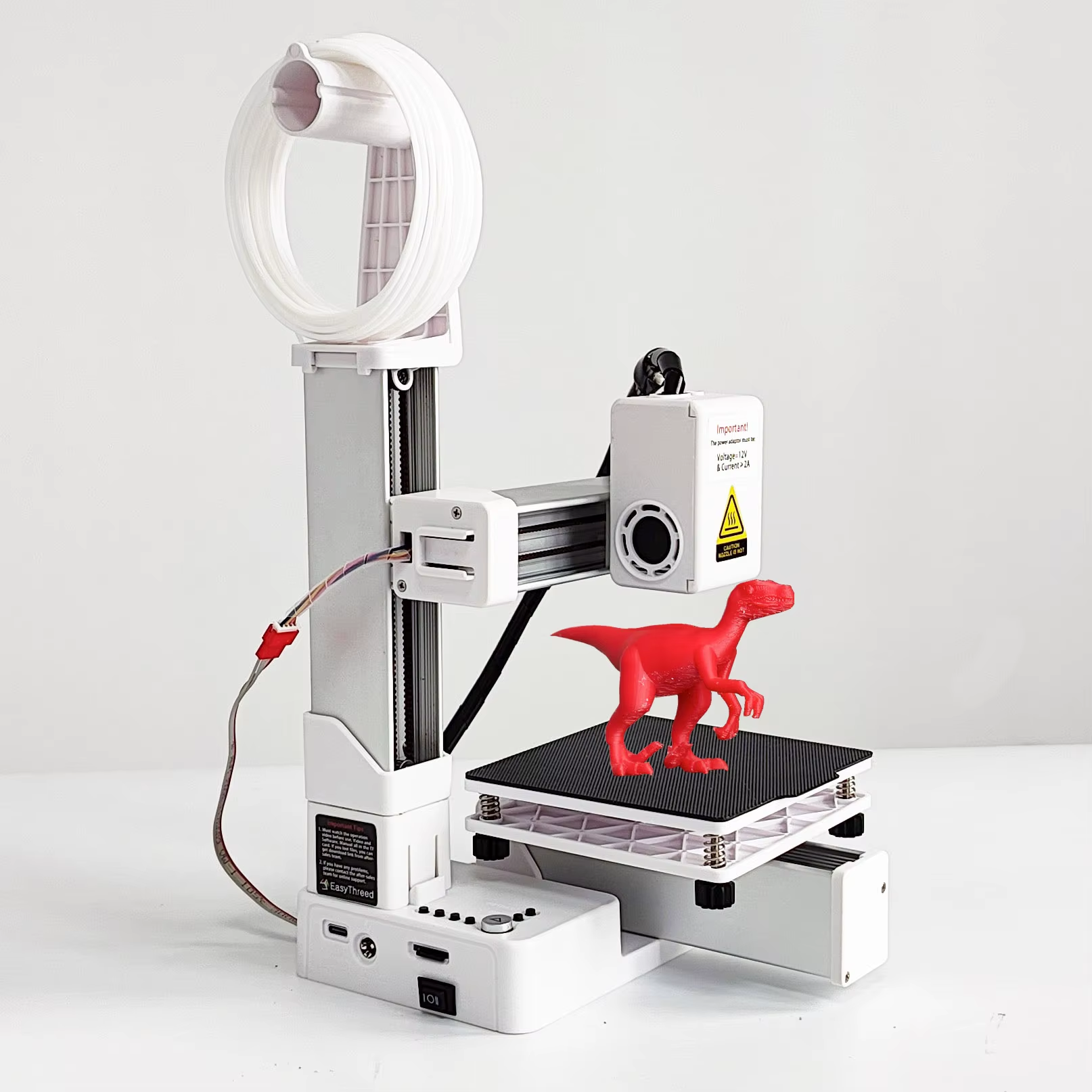The debate between PC gaming and console gaming has been ongoing for decades. In 2025, with powerful new consoles like the PlayStation 5 Pro and Xbox Series X2, and massive advancements in PC hardware and cloud gaming, the comparison is more relevant than ever.
So, which platform should you invest your time and money in? This article breaks down the pros, cons, and key differences to help you decide whether PC or console gaming is best for your style, budget, and gaming goals.
1. Price and Value
PC Gaming
- Entry-level gaming PCs start at around $700–$900.
- High-end builds can reach $2,000+, especially for 4K or VR gaming.
- Component prices fluctuate, but building a PC allows for upgrades over time.
Console Gaming
- The PS5 Pro, Xbox Series X2, and Nintendo Switch 2 all cost $400–$600.
- You get solid hardware for the price, with no need to upgrade parts.
- Games and accessories can still add up over time.
Verdict: Consoles offer better value upfront, but PCs become more cost-effective long-term due to sales, mods, and multi-use functionality.
2. Game Library
PC Gaming
- Massive library through Steam, Epic Games, GOG, Xbox Game Pass for PC.
- Access to indie games, mods, classic titles, emulators, and PC exclusives like Valorant or League of Legends.
- Many former console exclusives now appear on PC (e.g., God of War, Horizon, Final Fantasy XVI).
Console Gaming
- Exclusive franchises like Spider-Man (PS), Halo (Xbox), and Zelda (Nintendo).
- Physical and digital game options.
- Some services like Xbox Game Pass blur the line between console and PC.
Verdict: PC wins for variety and flexibility, but console exclusives still make them appealing to certain fanbases.
3. Performance and Graphics
PC Gaming
- Customization lets you push games to ultra settings, high frame rates, and 4K or ultrawide resolutions.
- Ray tracing, DLSS, and FreeSync/G-Sync improve quality and smoothness.
- Upgradable—swap in a new GPU or CPU when needed.
Console Gaming
- Newer consoles offer native 4K, ray tracing, and 120 FPS modes.
- No need to tweak settings—plug in and play.
- But you’re locked into fixed hardware for the generation (~6–8 years).
Verdict: PCs dominate in raw power and flexibility, but consoles deliver solid, optimized performance for the cost.
4. Online Services & Subscriptions
PC Gaming
- Free online multiplayer for most games (no subscription needed).
- Game storefront competition (Steam, Epic, etc.) keeps prices down.
- Xbox Game Pass for PC and EA Play offer strong value.
Console Gaming
- Paid subscriptions for multiplayer: PS Plus, Xbox Live, Nintendo Switch Online.
- Game Pass Ultimate offers both console and PC access.
- Subscription fatigue can be an issue with overlapping services.
Verdict: PC gaming offers better online freedom and fewer subscription requirements.
5. Mods and Customization
PC Gaming
- Full mod support for games like Skyrim, Minecraft, Baldur’s Gate 3.
- Custom UI, graphics tweaks, fan patches, and total conversions.
- Hardware customization: RGB lighting, custom cases, water cooling.
Console Gaming
- Limited modding (if any), often curated or paid.
- Locked ecosystems limit UI or hardware changes.
- You play how the devs intended—good for simplicity, bad for freedom.
Verdict: PC is unmatched for creative and technical customization.
6. Ease of Use
PC Gaming
- Requires setup: OS updates, drivers, troubleshooting.
- Knowledge of components, software, and compatibility is useful.
- More complex, but also more powerful.
Console Gaming
- Plug and play experience.
- Optimized game installs, easy controller use, and fast suspend/resume features.
- More accessible for casual gamers or younger audiences.
Verdict: Consoles win for simplicity and convenience. PCs reward those willing to tinker.
7. Portability and Space
PC Gaming
- Most gaming PCs are stationary, although compact builds and gaming laptops exist.
- Need a desk, monitor, and accessories.
Console Gaming
- Compact and designed for the living room.
- Easy to move, great for couch co-op or shared play.
- Portable options like Switch 2 or cloud gaming on phones enhance flexibility.
Verdict: Consoles are easier to move and share—especially for social or family setups.
8. Future Trends (2025 and Beyond)
- Cloud gaming is blurring the lines—NVIDIA GeForce NOW and Xbox Cloud Gaming let PC-level games run on phones, TVs, and tablets.
- Cross-play is more common—PC and console players often share the same servers.
- Hybrid gaming experiences (e.g., Steam Deck, ROG Ally) bring PC-like freedom to handheld devices.
- Subscription-based game streaming libraries may replace traditional ownership for some.
Final Verdict: Which One Should You Choose?
| Category | Winner |
|---|---|
| Price/Value | Console |
| Game Library | PC |
| Performance/Graphics | PC |
| Online Services | PC |
| Mods & Customization | PC |
| Ease of Use | Console |
| Portability | Console |
| Upgradeability | PC |
| Exclusives | Tie |
Choose PC if:
- You want the best graphics, mods, and game variety.
- You enjoy tweaking settings or customizing hardware.
- You use your PC for work, streaming, or content creation.
Choose Console if:
- You want simplicity, plug-and-play gaming, and great exclusives.
- You game on a budget or in a shared/living room space.
- You prefer using a controller and playing with friends locally.
Conclusion
There is no “better” platform—only what’s better for you. In 2025, both PC and console gaming have reached extraordinary levels of quality. Whether you choose raw power and freedom (PC), or simplicity and consistency (console), the most important thing is that you’re having fun.
Gaming is more accessible and exciting than ever. Choose your weapon—and play your way.




